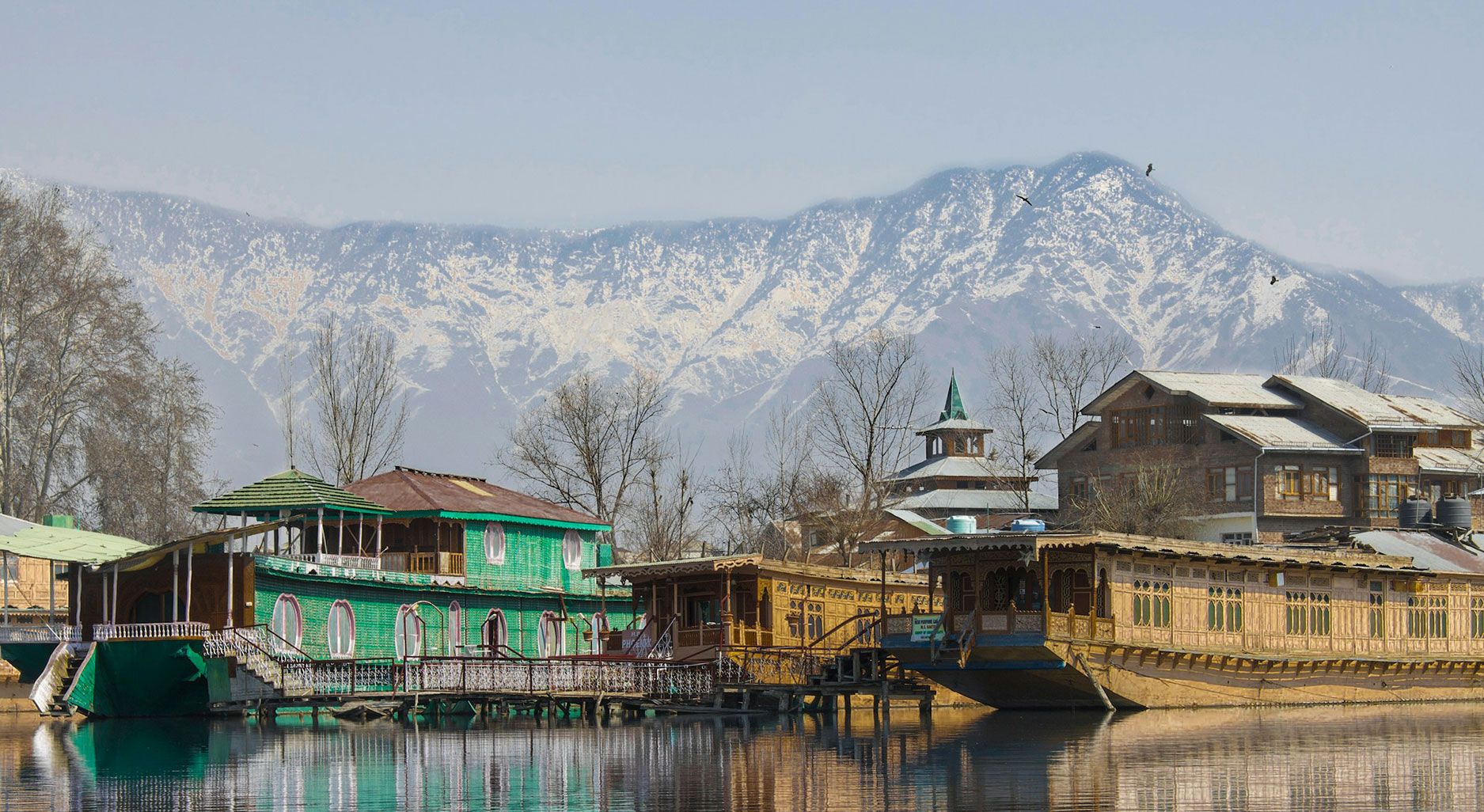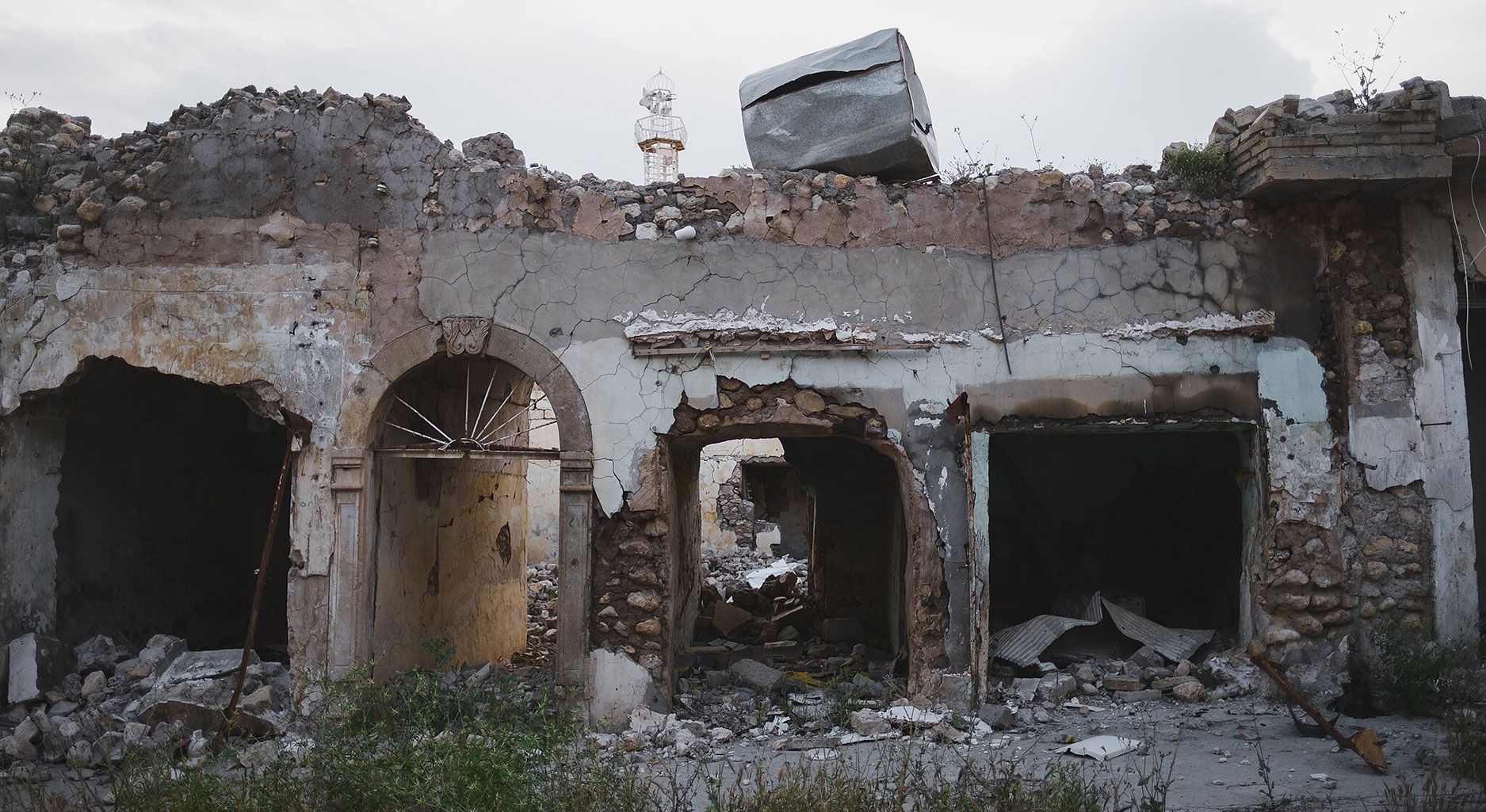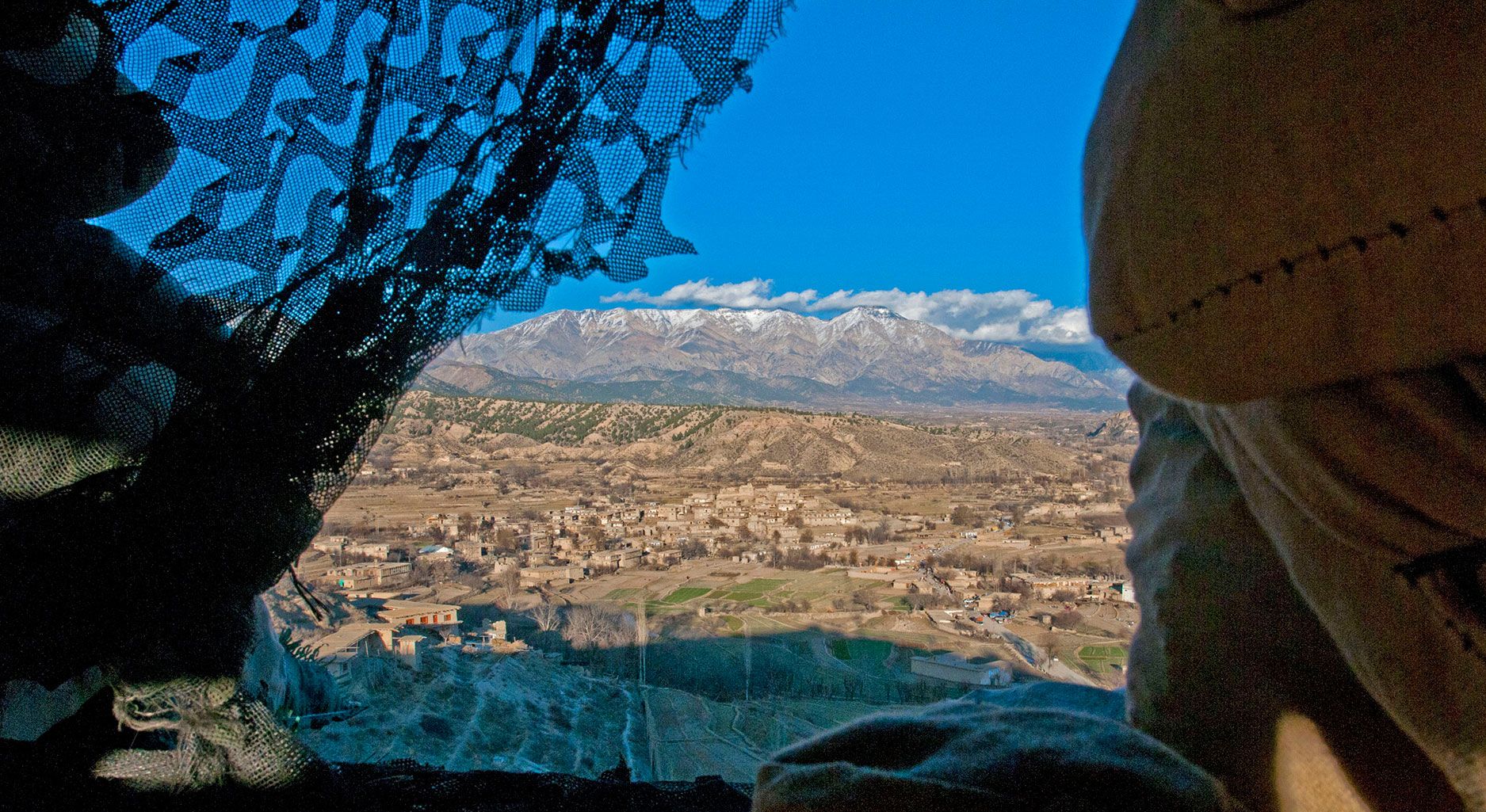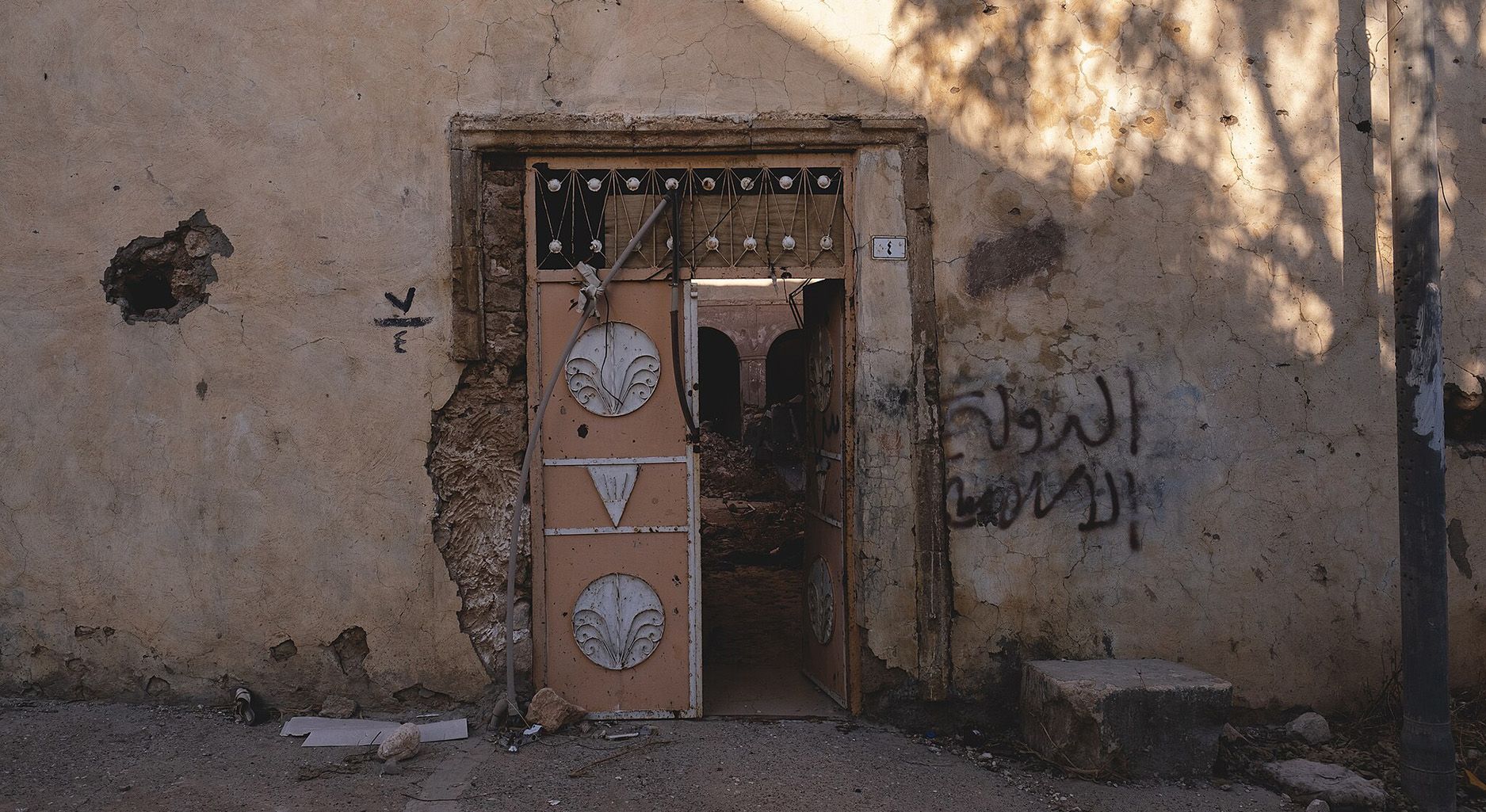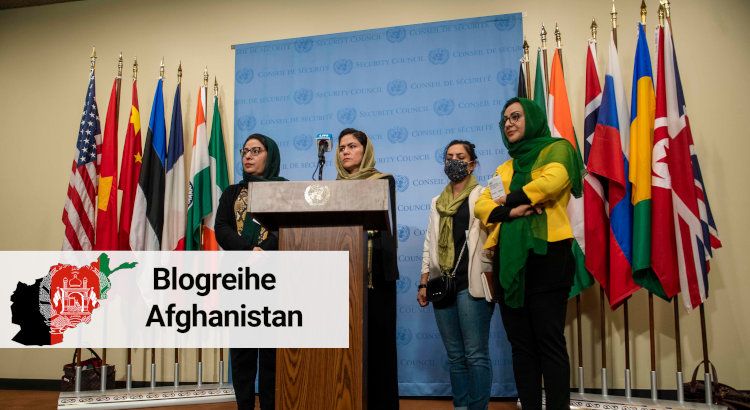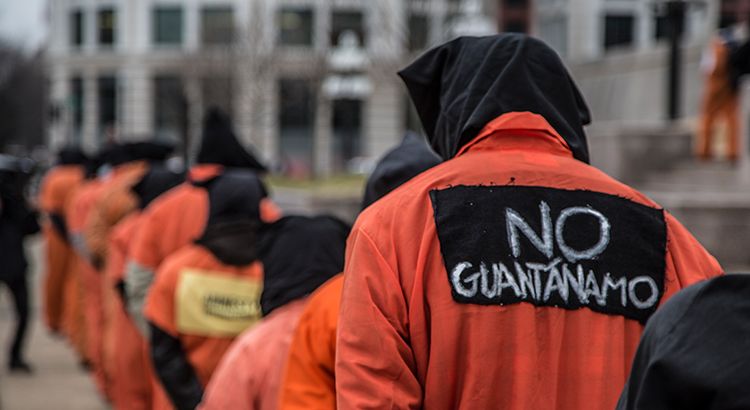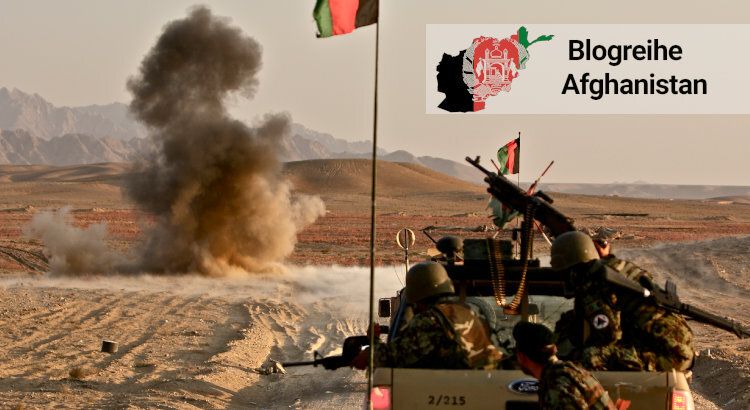Schlagwort: Terrorismus
On April 22nd, terrorists targeted tourists in Baisaran Valley, Kashmir, India, resulting in the deaths of 26 people. Since the attack, tensions between the two nuclear-armed neighbors have escalated. India and Pakistan have fought multiple wars over the disputed territory of Kashmir, which both countries claim. This article will examine the political ramifications within India, particularly through the lens of right-wing discourse. It will contextualise the multiple dynamics of the terrorist attack on India’s secularism and diversity, as the majoritarian political ecosystem constructed and weaponised narratives for ideological and political advantages.
Without a Caliphate, But Far from Defeated: Why Da’esh/ISIS Remains a Threat in Syria in 2025
Since the fall of its self-proclaimed caliphate in 2019, ISIS remains a persistent threat in Syria. As of 2025, according to US estimates, more than 2,500 active fighters continue to operate in Syria and Iraq, while thousands of battle-hardened ISIS militants are held in Syrian prisons – posing a serious risk if released, especially through orchestrated prison breaks. Additionally, thousands of ISIS-affiliated individuals remain in detention camps, where they are vulnerable to radicalization and recruitment. Following the fall of the Bashar Al-Assad Ba’ath regime, the tenuous control of the new Syrian government, combined with ongoing violence, could further strengthen ISIS’s capabilities, allowing jihadists to regroup, sustain their presence, and potentially expand their influence once again.
The Resurgence of the Pakistani Taliban – Implications for Afghanistan-Pakistan Relations
In December 2024, the Tehreek-e-Taliban Pakistan (TTP), or Pakistani Taliban, attacked Pakistani security forces. The Taliban, who have taken refuge in Afghanistan, have been targeting Pakistan from their base in Afghanistan. This incident is part of a series of attacks that have been taking place since 2021, in the wake of the US withdrawal from Afghanistan. Initially, it was expected that the return of the Afghan Taliban would benefit Pakistan's strategic interests. However, the opposite has happened. This article examines why and how the TTP is catalysing a gradual deterioration of the relationship between the neighbouring countries of Afghanistan and Pakistan (Af-Pak).
Zehn Jahre nach dem Genozid: Die fortdauernde Krise der Jesiden
Am 3. August jährt sich der zehnte Jahrestag des Völkermords, den die radikal-religiöse Terrororganisation Islamischer Staat (IS) vor einem Jahrzehnt an den Jesiden im Irak verübte. Keine andere Gruppe erlebte die Gräueltaten des IS so direkt wie die Jesiden. Trotz der militärischen Niederlage des IS und der Rückeroberung der jesidischen Gebiete dauert ihr Leiden an. Angesichts anderer globaler Konflikte wie dem Ukraine-Krieg und dem Israel-Gaza-Konflikt geraten die anhaltenden Leiden der Jesiden zunehmend aus dem Blick. Dieser Blogartikel erläutert den Kontext und die Gründe, warum die Bedrohung der Jesiden nach wie vor anhält.
Drei Jahre nach Hanau: Wie inklusiv ist die deutsche Erinnerungskultur?
Der rechtsterroristische Anschlag von Hanau, bei dem 2020 neun Menschen mit Migrationsgeschichte aus rassistischen Motiven ermordet wurden, reiht sich in eine Historie rechtsextremer Gewalttaten in Deutschland. Welchen Stellenwert hat diese rassistische Gewalt im kollektiven Gedächtnis? Debatten zur Öffnung deutscher Erinnerungskultur haben vor allem der Frage gegolten, wie die NS-Vergangenheit und deutsche historische Verantwortung in der Migrationsgesellschaft vermittelt werden können. Im Gedenken an die Opfer von Hanau gerät die Chance einer inklusiven Erinnerungskultur stärker in den Blick: Wie können die Kontinuitäten rechtsextremer Gewalt, die Menschen mit Migrationsgeschichte in Deutschland erfahren, für die deutsche Gesellschaft insgesamt zugänglich gemacht und erinnerungskulturell bearbeitet werden?
“Enlist Now!” – Or Don’t? Why we should be concerned about foreign fighting in Ukraine
With the recent escalation of Russia’s war on Ukraine, tens of thousands of foreign fighters have flocked to the region. While the widespread praise for individuals supporting the Ukrainian defense effort is understandable, governments should take measures to prevent their citizens from joining the war. Foreign fighters epitomize the privatization of wars, and the multiplicity of individual motives and aims contributes to the conflict’s complexity. The involvement of third-country nationals also has the potential to escalate the conflict further. Lastly, Western countries will have to deal with returnees who are better trained, traumatized, and potentially radicalized.
Acting upon Afghan women’s appeals to inclusive peace
After twenty years of “war on terror” the Taliban took power in Afghanistan on August 15th, 2021, following a hasty U.S. troop withdrawal and a chaotic evacuation. This raises multiple questions and concerns. Retrospectively, it questions the reasonableness and benefit of the NATO mission in Afghanistan, as well as the political peace process that culminated in the Doha agreement between the U.S. and the Taliban in February 2020. In terms of future developments, it also raises concerns about the maintenance of socio-cultural gains as well as human rights in general - and women’s rights in particular.
A Guantánamo in Syria for European Jihadists is not a Solution
Despite previous European calls for the US to close Guantanamo Bay detention camp, established twenty years ago, several European countries are using similar de facto detention camps in Syria. This blog-post argues that detention camps controlled by Kurdish forces in northeast Syria are a security risk rather than a solution. Aside from humanitarian and legal arguments usually made in this context, recent developments in northeast Syria show that Islamic State of Iraq and Syria (ISIS) is regrouping, illustrated by its high scale attack on the Ghweran prison in Al-Hasaka, in January 2022.
The Tricky Politics of Recognizing Armed Non-State Actors
The new volume “Armed non-state actors and the politics of recognition” by editors Anna Geis, Maéva Clément, and Hanna Pfeifer discusses armed non-state actors and their strategic pursuit of being recognized as political actors. It includes methodological considerations as well as case studies from China, Ireland, Lebanon, Nigeria and, Sudan among others. The contributions study the strategic choices that state leaders, citizens, international organizations, and others make in granting such recognition, denying it, or recognizing on their own terms.
Withdrawal of NATO troops – Comeback of the Taliban?
Although peace agreements in armed conflicts in which at least one party has framed its demands in religious language are rare, they do exist. In particular, peace agreements have been reached with certain kinds of Islamist groups. After several rounds of unofficial and official negotiations, and a military stalemate between Afghan and NATO forces and the Taliban, former U.S. President Trump announced a peace agreement with the group in February 2020. However, after President Biden’s recent announcement to unconditionally withdraw U.S. forces from Afghanistan, the prospects for an agreement or even a ceasefire between the Taliban and the Afghan government seem bleaker than ever, with the Taliban resurging and U.S. diplomatic leverage decreasing.
